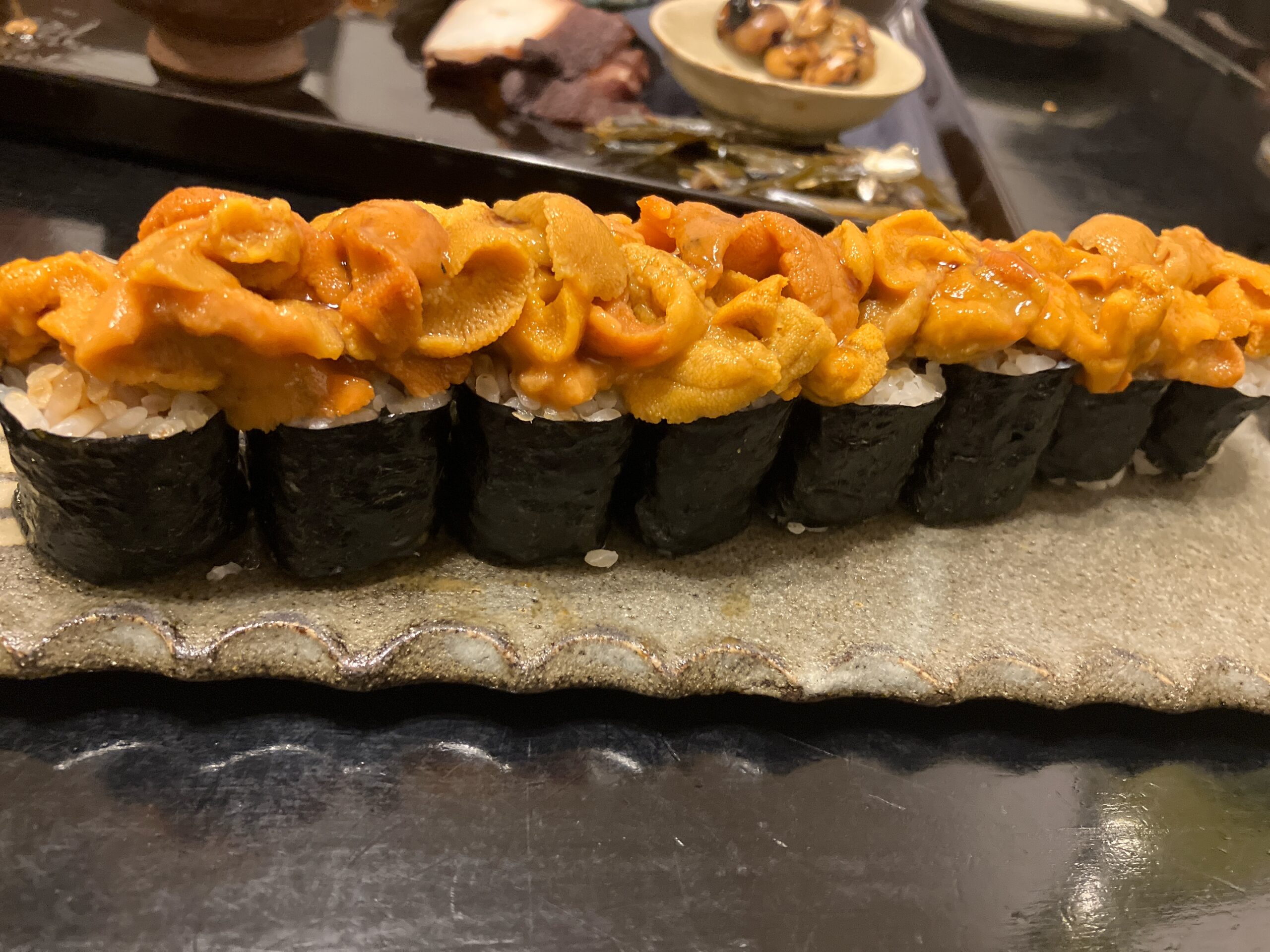Am I a Woman?
I have been taking a training course my company provides since last October, titled “Empower women in the workforce”. In the beginning, I was thrilled to be elected and couldn’t wait to attend every month although it started from 9pm Japan time.
I had many stories to talk about, many thoughts to share, and ideas to make it better. But gradually, a question began to circle around my head.
“Why do I have to remind myself every month that I am a woman?”
Finally 50%
As we all know, Mr President of the United States began to roll out several policies to stop LGBTQ individual activities. While this topic dominates American discourse, Japan’s approach is markedly different. Here, people are generally polite but often hesitant to embrace divergent thoughts or challenge unspoken societal norms, particularly regarding such sensitive subjects.
However, what I found amazing was compared to 30 years ago, women entering the workforce has doubled, almost 50% out of the total workforce. This is quite exciting for Japan since people still think that women should stay home and raise kids. Most of my friends are not in the workforce but I think this is primary because nobody cares to change what we have now, like having flexibility in work, or having somebody come to the house to babysit, or even have a cleaning lady to come and help. Interestingly, when people get married and have kids they change to “mom and dad” and not an individual.
These observations led me to question: Why am I experiencing this internal conflict?
Ah Ha
This training course also has a coaching session which you put your preference in and they automatically connect me with a coach. I wanted to meet up with a bilingual coach knowing I have a Japanese mind and an American mind. I didn’t want people to think “this is what Japanese people are”. I guess I don’t want people to fit me in a premade box.
My coach happens to be a Japanese person that lives in Singapore and coaches people from Germany, Philippines, France, Japanese, etc, all over the world. On our first day, I asked what coaching was. I had a mentor in the company so I was pretty happy to have somebody I can talk to. So, I asked her a question,
“What does coaching do to me?”
Her answer was “Coaching supports you to where you want to go.
Who you are is a value, but what you are is the most important part, and the alignment between those two will bring a core of your own belief.”
I still doubted how she would give me advice and realization. Surprisingly, on my seventh meeting with her, I had a “Ah ha” moment.
Through the training program, I would do team work with my colleagues in the US and Europe making me realize the difference in our mind. I always had fear in front of me but it seems that ladies outside of Japan do not. I questioned my coach, is this the culture? The interesting part was that she contradicted the Japanese that we have “Yin and Yang”, what we call wabi sabi. We tend to look at the fear, give in the fear, and try to overcome the fear we have. But for other countries, there is a fear but they hide it by their ego. There is a pain-pleasure principle that describes how humans make decisions based on avoiding pain and seeking pleasure. This principle suggests that our beliefs, values, actions, and decisions are fundamentally driven by our desire to minimize discomfort and maximize positive experiences.
So What Was It?
My experiences of fear weren’t tied to my gender, but to my unique identity. I am Sousetsu, an individual. It’s not about being a woman; it’s about who I am – shaped by my innate characteristics, molded by my environment, and defined by my current self. We should keep in mind to respect people as individuals, not by their gender, and embrace the richness that each unique person brings to our world.




Comment